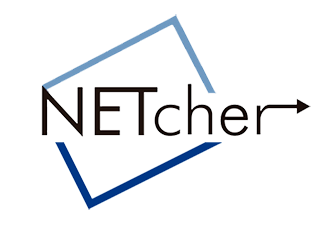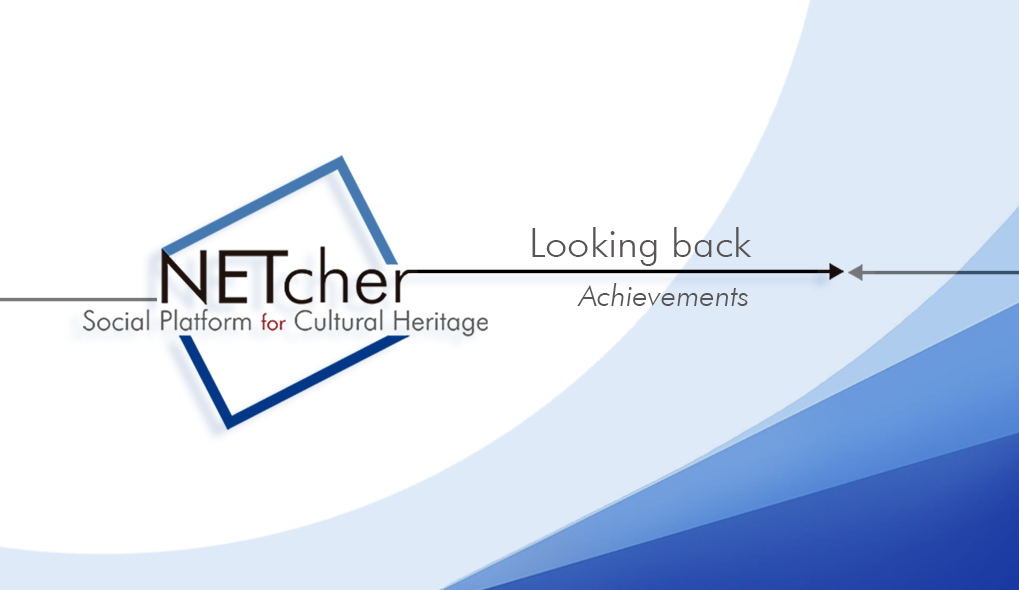NETCHER is a transnational European project, started in January 2019 and concluded in March 2021, aiming at reinforcing the fight against cultural heritage looting and trafficking, by bringing together relevant international actors (security and research communities, public and private institutions, art market specialists, policy makers) and by building a sustainable social online Platform.
Throughout its 27 months of existence, NETCHER met its objectives and we are proud to present here several present several achievements.
NETCHER Social Platform for Cultural Heritage
NETCHER – Social Platform for Cultural Heritage – focuses on the issue of protecting endangered world cultural heritage: archaeological sites and museums are mostly concerned, but any kind of cultural institutions are touched by this severe issue.
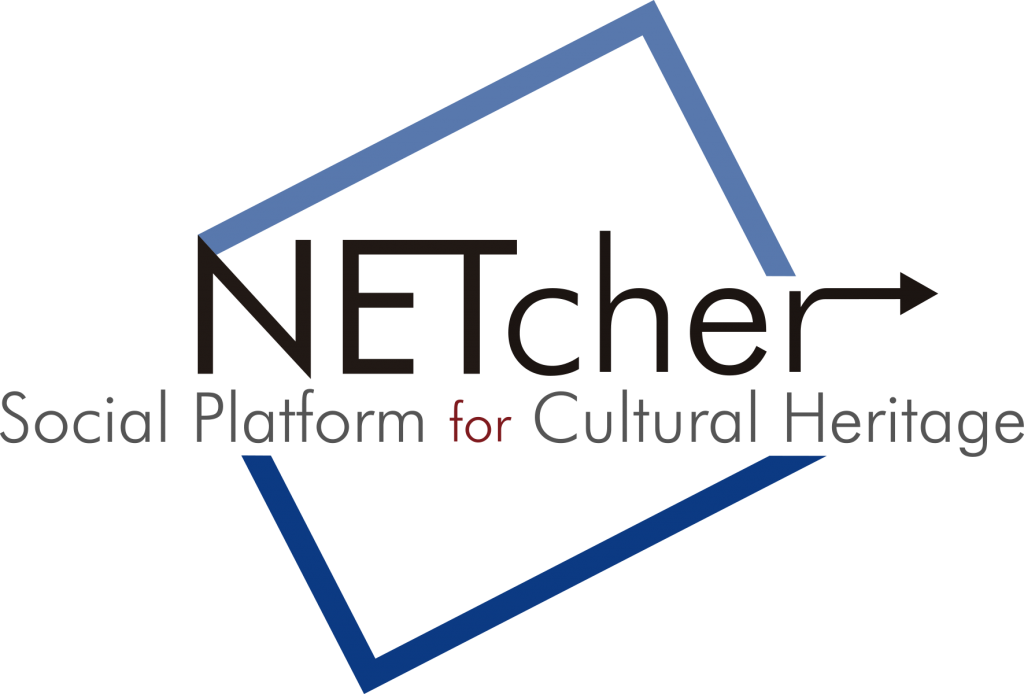
The community includes several categories of professionals who are not used to work together:
- Archaeologists and other cultural heritage professionals looking for years for concrete help in preventing and fighting the looting and destruction of cultural heritage;
- Police officers interested in acquiring new knowledge and in more efficient cooperation in order to enhance European coordination;
- Art market professionals who need more information to prevent the risk of becoming unconscious elements of the trafficking;
- Education and valorisation actors, aiming to spread knowledge on the matter;
- Research laboratories, technology and science providers, developing methods and tools for identifying and preventing the illegal trade;
- Officers of international organizations, with a specific interest in the topic, as well as national and local public authorities and the European Commission, who require increased efficiency.
Launched on 1 October 2019, the platform connects the members of the consortium, sectoral experts, and stakeholders, from a wide geographic area, providing them with the opportunity to exchange knowledge, information and questions.
As of March 2021, the platform gathered 157 experts registered on the online platform, amongst a total of 285 NETCHER experts, and continues to be a place of exchange, discussion and collaborative work. A monthly newsletter has been widely disseminated through the community and beyond (https://netcher.eu/newsletter/).
The NETCHER project has organised, during its first two years of activity, a number of workshops, seminars, fora, training events and expert meetings, involving more than 300 high level experts working in the different sectors concerned with fighting the looting and trafficking of cultural goods. The conclusions of these activities, together with the discussions run by the working groups set up by the NETCHER project have generated new knowledge, tools and methods that are framed into the recommendations booklet. It addresses the general public, different professionals involved in the sector, as well as decision makers, in order to help them understand the different options to tackle looting and trafficking of cultural heritage.
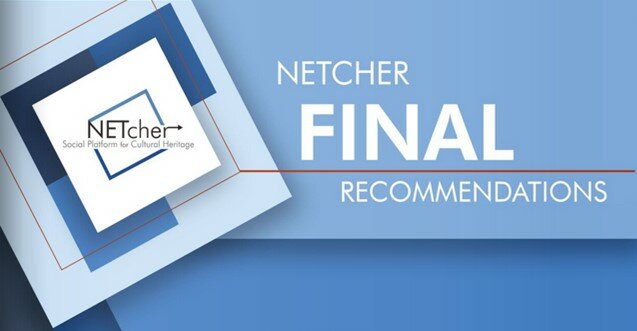
A total of 194 policy recommendations was elaborated, based on the work done during the NETCHER project, targeting all the different policy levels (local, regional, national and European), also proposing possible models to enhance European and International cooperation among all the actors involved. It intends to stimulate further initiatives to raise awareness about the relevance of the problem, better understand the knowledge, tools and methods developed by NETCHER, for fighting the illicit trafficking of cultural heritage.
Before NETCHER’s Final Forum, on 1 and 2 March 2021, a booklet gathering the recommendations was published online to be available to the broadest audience possible.
All along the project duration, NETCHER has regularly published Policy briefs, in order to give an overview of the main steps achieved. Four documents are available in the dedicated area of the website.
A repository of relevant bibliographical resources has been established and is freely available on NETCHER website.
A dedicated Deliverable has been prepared with the aim of identifying major research areas for the future and will soon be published. In the meantime, it is possible to enjoy the poster session that was organized in the framework of NETCHER Final Forum. The posters are available here.
As part of the construction of bridges for international cooperation, the alert rising protocol is a document with an operational purpose. The formalization of this alert rising protocol responds to a need for efficiency in its implementation and in the understanding of the objective pursued. It was developed in collaboration with NETCHER experts.
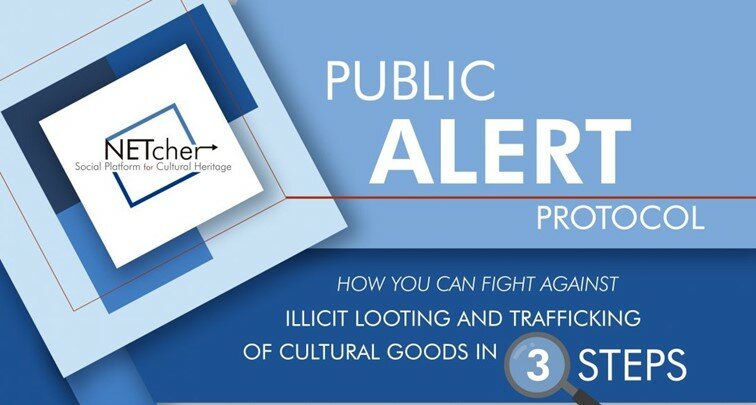
This document indicates the actions to be taken in order to trigger the action of law enforcement. In turn, the police forces will thus be able to obtain information on suspected objects prior to the opening of an investigation. It is a document that will facilitate the action of the end-user, the law enforcement agencies.
Finally, NETCHER is not alone in the galaxy of projects, or institutions, fighting the illicit trafficking of cultural property. With this in mind, the NETCHER consortium identified a number of other relevant projects and initiatives that share the main themes of NETCHER and have potential for cross-fertilization and/or capitalisation.
The main result is a database that showcases 30 projects that all have expressed interest to be presented on the NETCHER website, showing the interconnectivity between them. This is an informative repository showcasing other projects and a rich resource for those wishing to have a relevant overview of initiatives related to the illegal looting and trafficking of cultural goods. The majority are other EU funded projects, but some national and global initiatives were also included.
NETCHER Publications
- NETCHER Consortium, NETCHER, projet européen et réseau d’experts contre le pillage et le trafic de biens culturels, La lettre de l’InSHS, CNRS, n°67, september 2020, p. 8-9.
- CHANKOWSKI Véronique, The fight to protect our cultural heritage, Project Repository Journal, European Dissemination Media Agency, vol. 8, January 2021, p. 50-53.
- NETCHER Consortium, Networking to fight against looting and illicit trafficking of cultural goods, Project Repository Journal, European Dissemination Media Agency, vol. 9, to be published, p. 26-29.
Looking Back: 27 months of collaborative work!
After the establishment of a network of experts, NETCHER was able to organise an efficient collaborative work, which led to many successes. The achievements presented above are an illustration of this and allow us to understand the richness of the project’s output.
